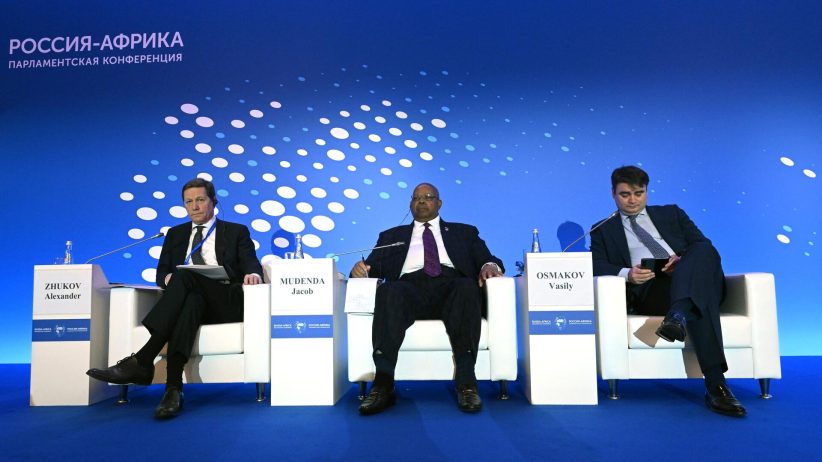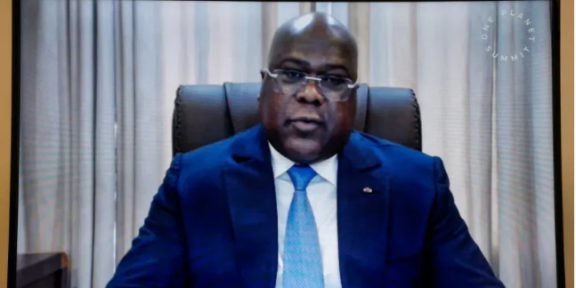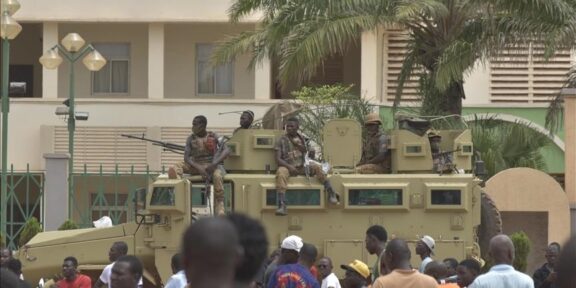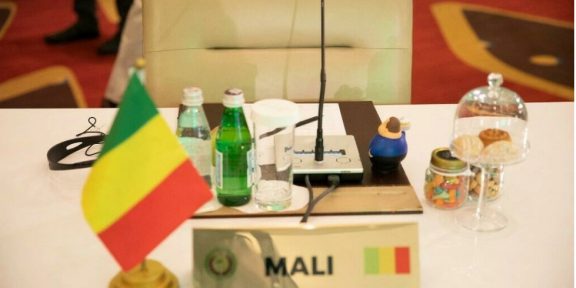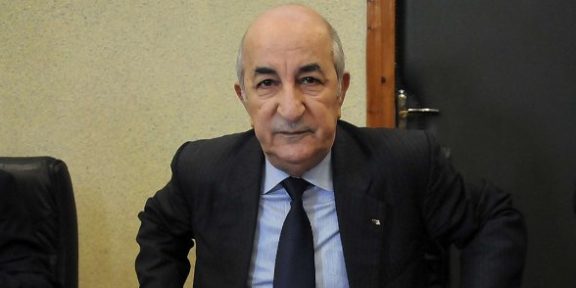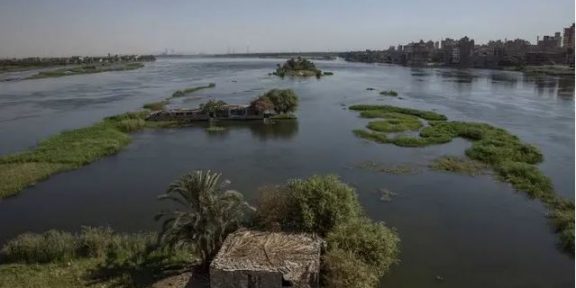The second Russia-Africa international parliamentary conference in Moscow brought together more than forty delegations from the continent. The first conference of 2019 was attended by participants from 36 countries. The growing number of participants confirms the special nature of the friendship ties between Russia and Africa. The two-day conference will conclude on March 20, as a prelude to a major Russia-Africa summit to be held on July 27-28, 2023 in St. Petersburg.
The consultative forum aims to develop parliamentary cooperation between Russia and African states in the context of the emerging multipolar world. The two sides plan to synchronize their watches in the fields of science, education and security.
The conference was attended by parliamentarians, scientists and experts from Russia and Africa, officials and businessmen. An important aspect of the forum were bilateral meetings between Vyacheslav Volodin, Speaker of the Lower House of the Russian Parliament, and his colleagues from African countries.
On Sunday, March 19, 2023, the parliamentarians discussed the development of cooperation in the fields of science and education and met with African guests and representatives of the Russian business community. A plenary session on Russian-African cooperation in a multipolar world is scheduled for March 20.
Russian President Vladimir Putin, speaking at the parliamentary conference “Russia – Africa in a multipolar world”, said that Russia will continue to make cooperation with African countries one of the priorities of its foreign policy.
“Our country has always considered cooperation with African states as a priority,” said the president. “This is one of the constant priorities of Russian foreign policy,” he added.
- Putin recalled the inequitable distribution of Ukrainian grain exports. “Of the total volume of grain exported from Ukraine, 45% went to Europe and only 3% to Africa,” the Russian president stressed.
The participants of the forum took the opportunity to talk with Russian journalists with great pleasure: a number of African politicians even turned to an online translator to explain to the media their attitude towards Russia. Some of them even promised to learn Russian.
The majority of those gathered were in favor of developing relations with Moscow, which are already at a high level.
“Our visit today shows that we will continue to strengthen cooperation between the Ugandan and Russian parliaments in different areas. Our main interest is, of course, agriculture and technological cooperation. Kampala hopes to export coffee and fruits to Russia,” said Ugandan MP Noeline Kisembo Basemera.
A representative of the Burundian parliament, Marie Rose Ndayishimiye, added that her country’s participation in the event was a testimony to the strong friendship and cooperation between the two countries, and that Burundian MPs hoped to benefit from the experience of Russian parliamentarians in legislative work and management.
President of the National Transitional Council of the Republic of Guinea Dansa Kourouma noted that the Russia-Africa conference aimed to address many issues of importance to African countries and, of course, paid attention to the history of Russian-African cooperation.
“The great Soviet Union and its successor, the Russian Federation, played a leading role in helping an independent Guinea,” Kourouma said.
Malian President Assimi Goïta, through the voice of the President of the Parliament of the Republic, speaking at the African Forum in Moscow, expressed his “gratitude to the Russian people, the Russian authorities and Russian President Vladimir Putin, who have provided support to Malians going through a difficult period in their history.
For his part, Ahmed Bening, secretary general of the Pan-African Youth Union, added that Russia remains an important political player despite sanctions and pressure from the West. “We see Russia as a friend and an important international actor,” he said.

